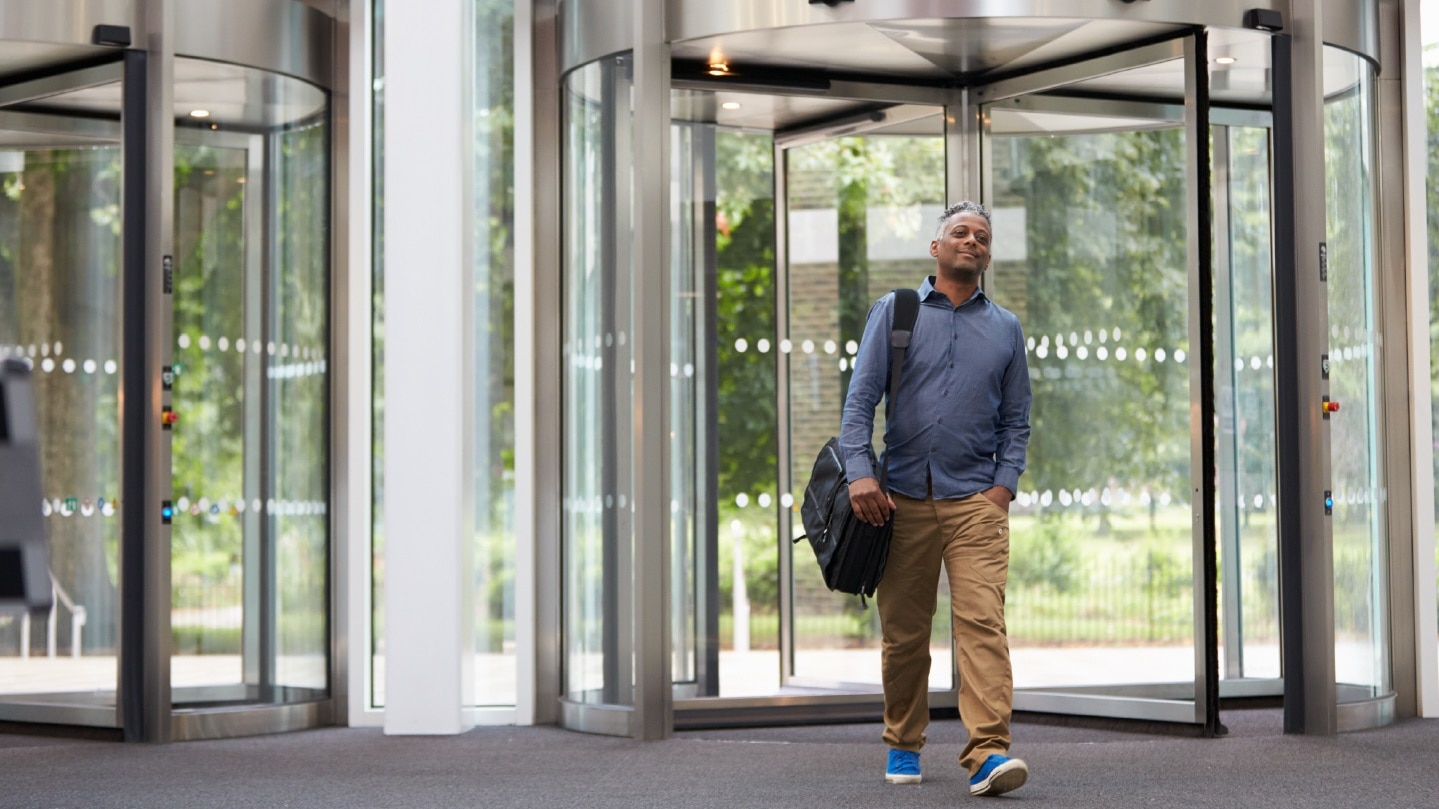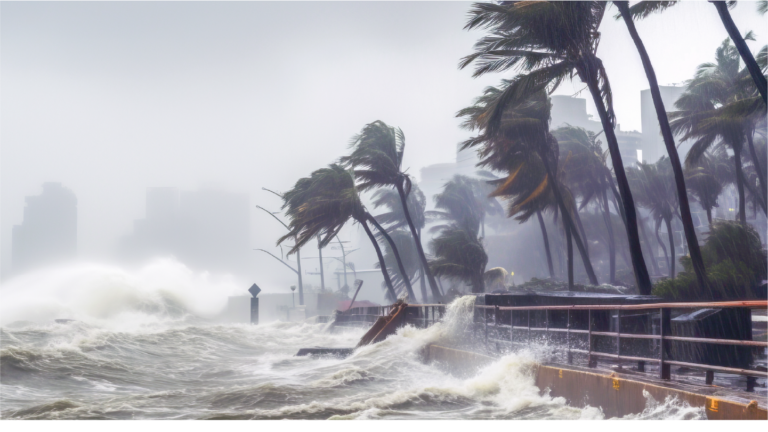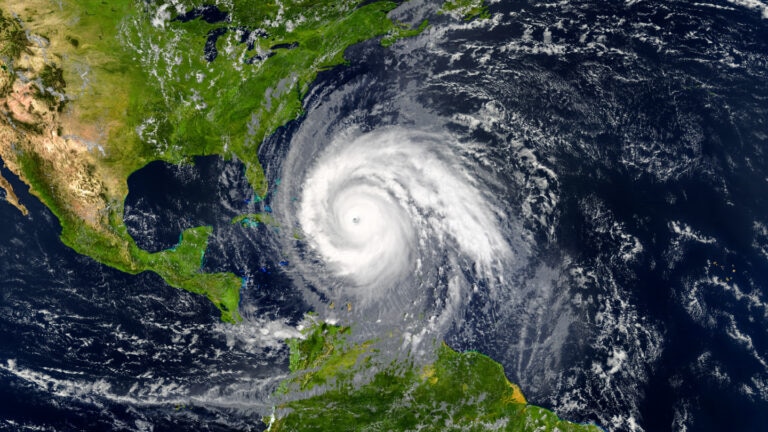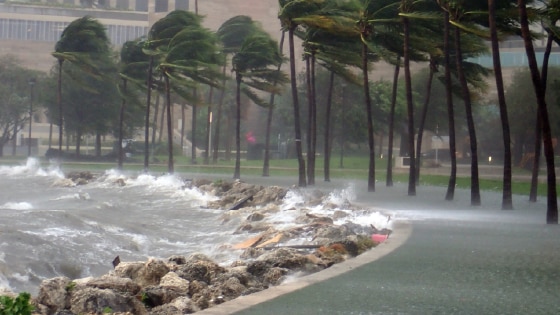
As natural disasters become increasingly costly, property damage claims are on the rise. Since 2011, the U.S. has seen at least $20 billion a year in estimated insured property losses. Alarmingly, that number has risen annually, culminating in a 2020 insured property loss of more than $74 billion, according to the Insurance Information Institute.
Property claims are often a given in the aftermath of a severe weather event, meaning that business leaders need to have a plan to prepare for potential property loss or damage. Follow along to learn about five common property losses businesses can expect after an extreme weather event.
1. Property damage
After the storm has passed, evaluating and addressing the damage done to your business’ infrastructure is a pressing concern. Extreme weather events like hail, tornadoes, flooding, and even strong winds can cause extensive property damage, and you’ll need to work with your insurance provider to determine the extent of the damage and the estimated funds required for repair. If property damage has destroyed your building or rendered it temporarily uninhabitable, you should have a contingency plan in place to resume normal business operations, store equipment, and protect existing inventory.
2. Equipment breakdown
Weather events, particularly those that involve flooding or heavy rainfall, can damage equipment needed to maintain business operations. Servers, electrical systems, heavy machinery, and other equipment might be damaged or destroyed entirely. Before reopening, ensure your equipment is functional and safe for use. You should also talk to your insurance provider about how to account for unexpected wear and tear, which may shorten the life of your equipment and lead to financial losses down the road.
3. Theft and vandalism
During and after natural disasters, many business owners worry about theft and vandalism, although sometimes it can be hard to determine whether looting has occurred, given the existing property damage. Regardless, vacant buildings can be susceptible to vandalism and theft without proper security and oversight. If your property requires post-event construction, you should work with your insurance provider and contractor to discuss potential liabilities during rebuilding. You can also take precautions, like hiring security, to help reduce your risk.
4. Business interruption and continuity plans
Even if you don’t experience extensive property damage, your company will likely experience some level of interruption during a severe weather event. With an ever-increasing number of storms each year, businesses need to prepare business continuity plans to help reduce their risk of closure, keep workers safe, and ensure that all staff knows what to do. After the storm, work with your insurance provider and risk managers to restore operations safely and efficiently without putting workers at risk.
5. Supply chain disruption
In our highly globalized world, a disaster across the continent might impact your business operations. Supply chain disruption has been a common problem during the pandemic, for example, as construction companies, hospitals, and other businesses struggle to acquire supplies from their usual vendors. If your region is hit by severe weather, you should have a contingency plan in place for how to source the raw materials and inventory you need to continue your business operations. You can also talk with your insurance provider about supply chain insurance and coverage in the event of business interruption.
Calm before the storm
The best time to prepare for a severe weather event is before it happens. To learn more about how to prepare your business for the new reality of increased natural disasters, read our related article, Staying ahead of the storm: 3 steps to prepare your business for severe weather.
Related insights
This website is general in nature, and is provided as a courtesy to you. Information is accurate to the best of Liberty Mutual’s knowledge, but companies and individuals should not rely on it to prevent and mitigate all risks as an explanation of coverage or benefits under an insurance policy. Consult your professional advisor regarding your particular facts and circumstance. By citing external authorities or linking to other websites, Liberty Mutual is not endorsing them.



